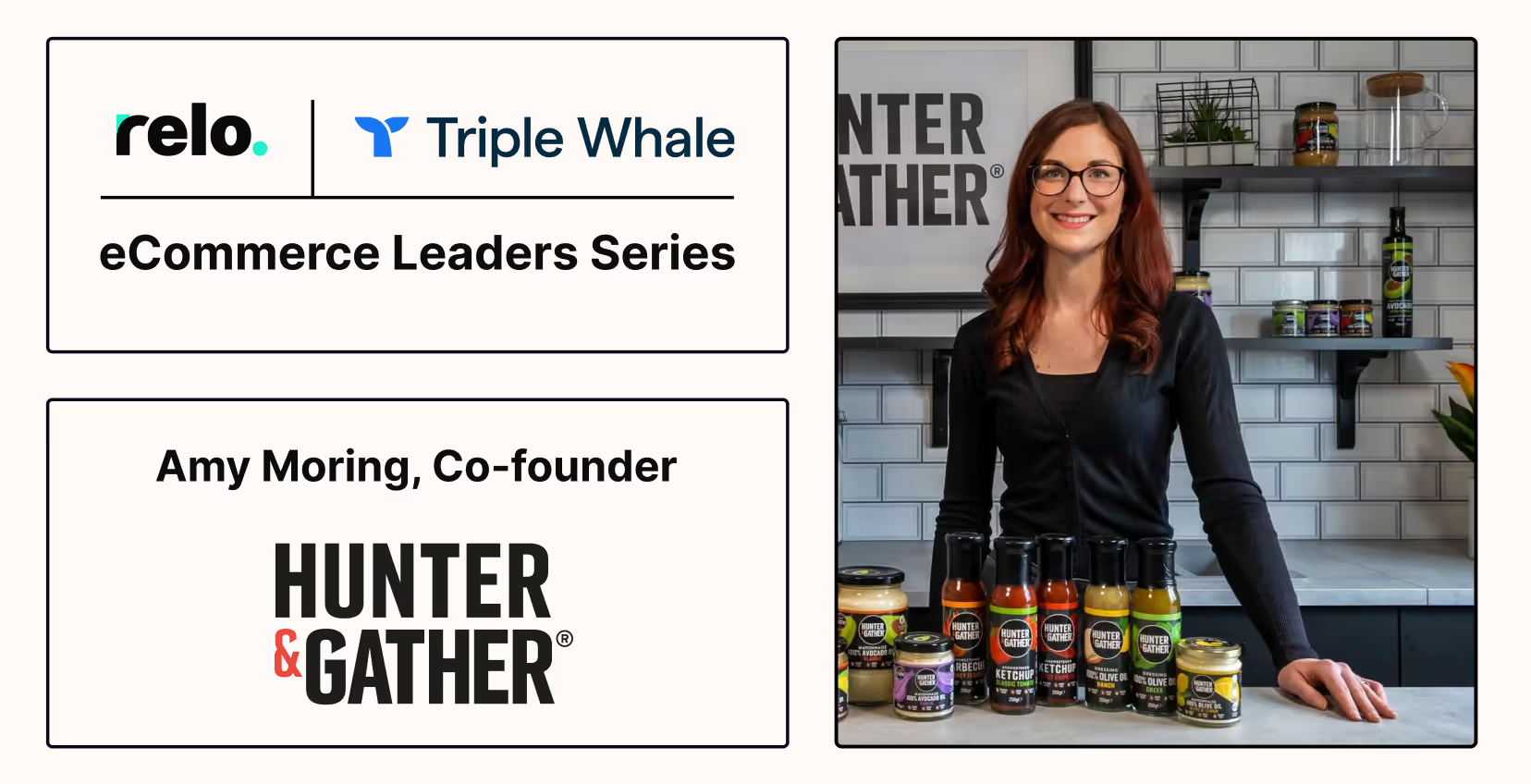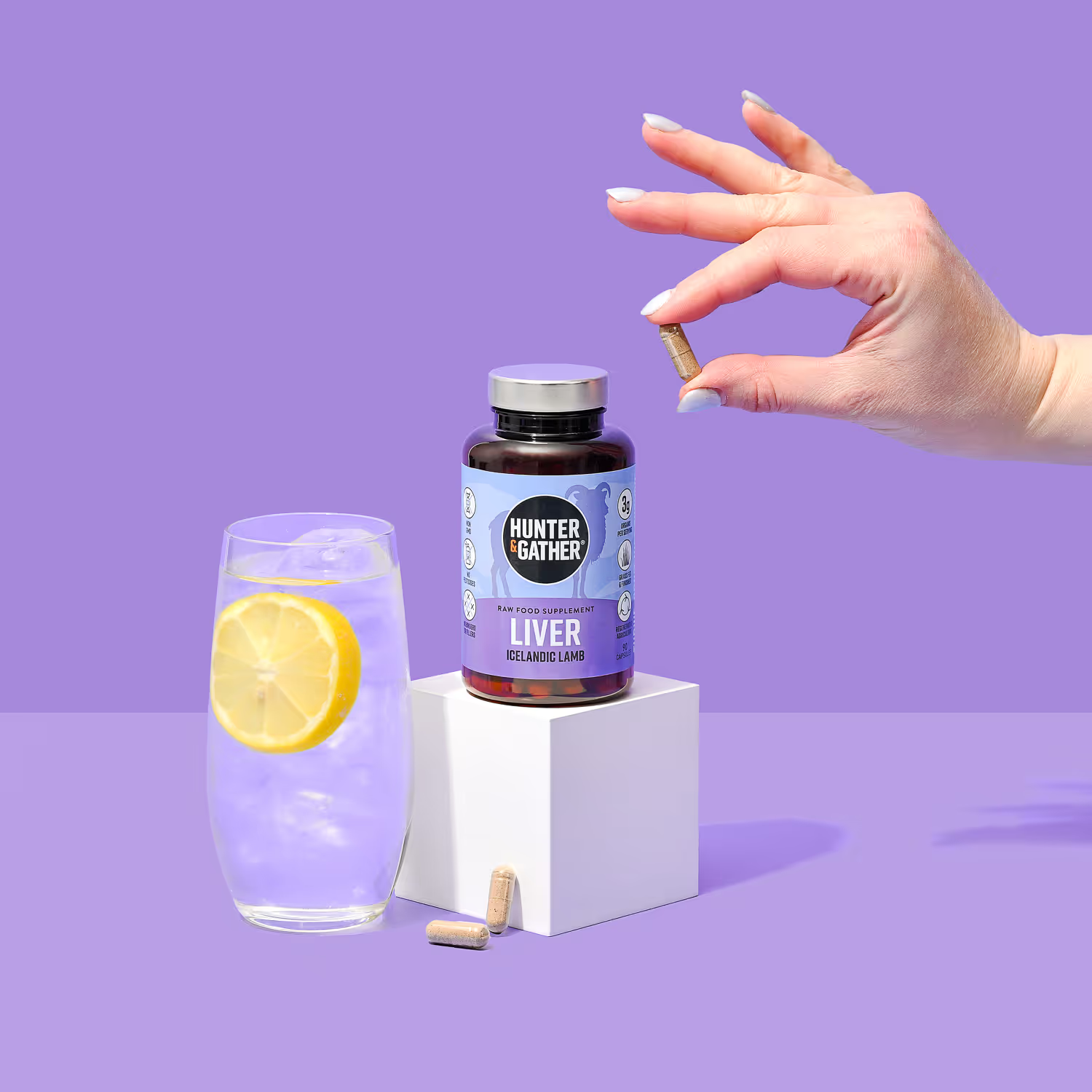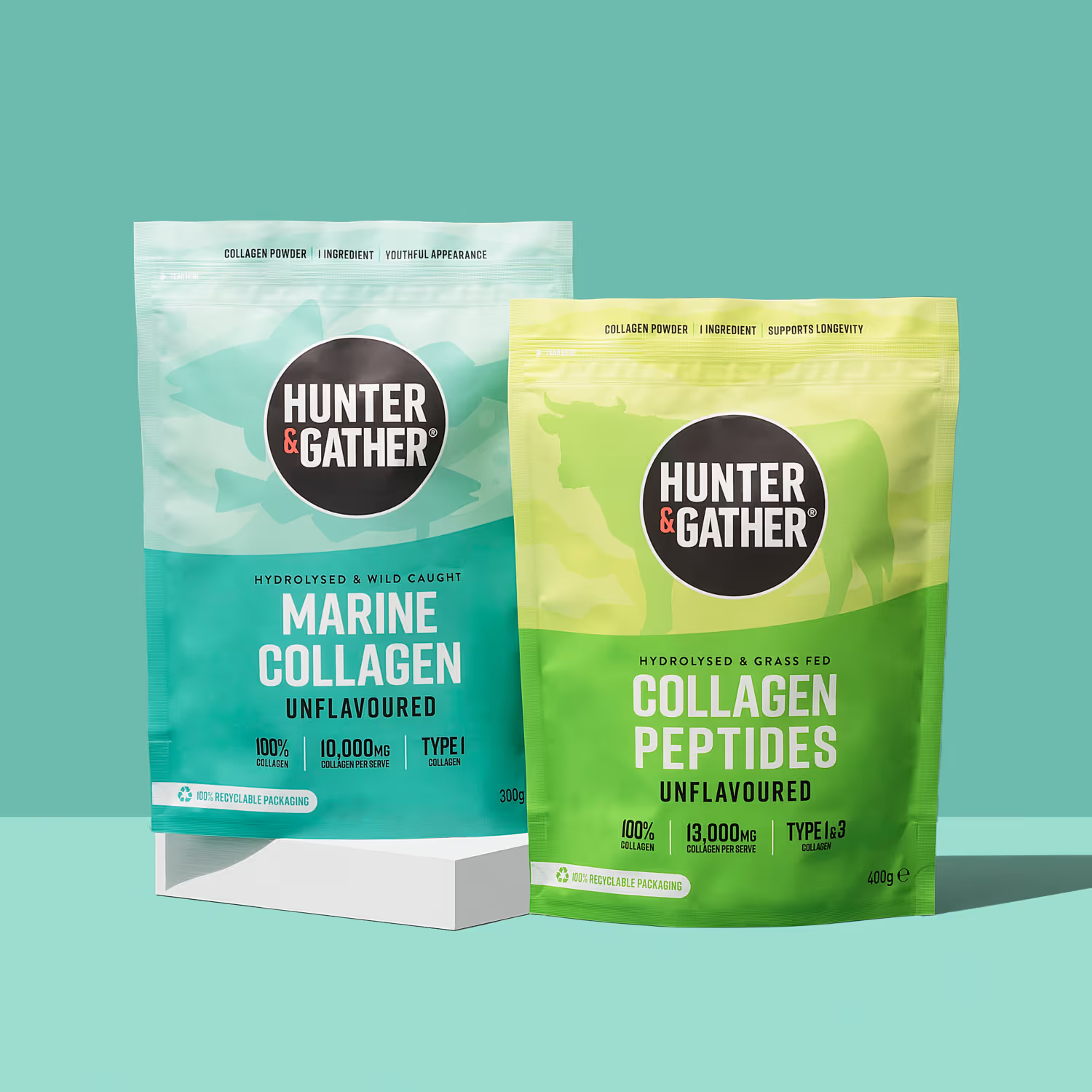Delivering Trust: How to Turn Holiday Shoppers Into Loyal Customers.

Relo has teamed up with Triple Whale to interview some of the best teams behind a collection of the fastest-growing eCommerce brands across the world. The series will focus on how they've overcome challenges, key lessons learned on growth strategies, and how they're preparing resources for the next 12 months. Hope you enjoy!
Oh, good question. Yeah, 2023 was an interesting one. Well, we did a big investment raise - probably the worst possible time to consider doing an investment raise! And it was our first really official one. We'd raised a little bit of seed funding up until that point, but ended up making the call to really accelerate the business and raise a larger, more institutional round.
It turned out to be very tricky to raise that investment! We unfortunately had someone pull out right at the last minute which threw the business into a bit of turmoil because it was like, hey, we're six months down here - not helped by being in a recession! However, we learned a lot and were able to find another investor and sort it all out.
That was a very challenging moment, but we thankfully are out of that now. We managed to raise all the funding we were after, and now it's just about growing and making sure that we're in a profitable position so that kind of turmoil doesn't ever have to happen again.
Number one, it's not done till it's done - until you've got that money in the bank. If you’re raising investment or you've got a signature on a contract and things like that, things can always change - and quickly! So I think scenario planning is very important. This is in contrast to the usual thinking of an entrepreneur being really positive and pushing forward, but I think it’s as important to plan for something not going ahead and how that impacts the business.
Second, there's no harm in doing combined rounds. You don't have all your eggs in one basket. Took us a little time to learn this one!
And lastly, focus on what you can control. That was a massive learning for us. Our initial strategy was to focus on one large investor, but then we decided to mix it up with leveraging crowdfunding and maybe one or two angels to lead. This helped us spread the risk a little and build more brand ambassadors as we did it!
We're significantly ecommerce driven right now, but we still want to support an omnichannel approach. So resourcing the team is interesting because we often have a tendency to sway into the eCommerce side of things more and more, which makes sense as it’s growing really fast. But if It's 80% of our business, the other 20% that we’re not quite focused on right now could become 50% in a couple of years' time. How could that look?
So I guess it’s just about thinking about the future continually. And also, I think a lot of people think eCommerce is a fairly risky strategy vs an omnichannel approach - which is really not the case. What if a wholesaler goes under that powers most of your offline sales? What if you lose a Tesco listing? There's many things that could happen. So again, that risk profiling is probably something that a lot of people don't think about. Being omnichannel helps with that also, but it's then resourcing the team and not stretching yourself very thin.
Really, it’s asking the question of how you can make products that work well for both eCommerce and retail? We get asked a lot about white labeling and a lot of people might lean into that for a growth strategy because on the surface it seems pretty simple. However, for us, we're about being a brand, so we say no to a lot to white label opportunities and that might actually slow down the growth longer term. Because, longer-term, you're keeping your brand strong with a unique product that’s tricky to make.
Lastly, I think it’s important to not always follow how things were done before. You could easily be bias on information that is no longer relevant today. For example, launching in the US used to be really tricky. FDA, all of this, blah blah, blah, set a warehouse up over there etc. You'd have to spend thousands and thousands of pounds to kick things off. This is what was the playbook in my head working in the industry 5-10 years ago. However, since Brexit, staying in Europe is actually way trickier for us than launching in the US. This change of tide has meant we’ve tested new exploratory strategies (like Amazon in the US to test the water) and tracking signals like visitor locations on our site to decide where to focus resources next.
The US is also a market we know that adopts an ancestral lifestyle really well, so it’s naturally a great market for us. However, for many years we had this bias that it would be too hard to move into the market with regulations, shipping, production etc. But actually, in hindsight, we managed to get our warehouse FDA approved within a day - a day! There's also really good logistics and things that you can do through Amazon.

Again, take back what you can control. For example, social media is great and paid social media is great, but obviously they’re quite expensive vs focusing on the customer base you already have and have details for. I'd therefore probably divert spend into other activities like friend-referrals and other items that you can scale with a network. For example, we have a loyalty scheme for our existing customers to encourage a friend to shop - which helps build sneezers!
That really helped us in the early days, actually, because like I mentioned earlier, we didn't do a big investment round until year four or five of the business. We grew the business to over 3 million pounds in revenue on about £200K of initial investment. So we had to be profitable! We essentially did that through sneezers - basically targeting social media groups that shared the same passions for our products. We set up our own Facebook group where you can talk to the consumer. Utilize your army if you already have one. If you're back at the early stages, get into other Facebook groups. A lot of the time the Facebook group owners will let you give out samples for free or have a video about yourself if it's going to benefit their community.

Profiling and understanding risk. I was a little blindsided by a wholesaler that had been running for years that ended up going under, and thus had a big impact on us - and a lot of others in the industry.
This wholesaler supplier Whole Foods Market for us, and were our biggest wholesaler. The problem was, there was only really a verbal kind of agreement on how they handled and paid for stock we sent them, which caused a lot of issues to try and get paid or receive any of the stock back.
This problem became even worse as we just launched into Holland and Barrett through that wholesaler too. They'd just bought a large order that they hadn't paid for when they went into administration. With a wholesaler going into administration like this, you may or may not get that stock back. However, since the stock had already gone out to Holland and Barrett, if we wanted to get it back, the only way was to go around their shelves - which was obviously not going to happen.
So that was a bit of a blow initially as our biggest independent wholesaler is gone. Especially on team structure too - as in there's a team member that manages those accounts, what does that person now do? What is the cash implication of not being paid for the stock? However, the silver lining of all of this was that we were able to take the Holland Barrett account direct with really good commercials.
Our focus is on DTC and Amazon. A lot of brands tend to stick to DTC and forget about Amazon. I'd say that, yes, it's great to build your own subscription and get all of the customer data - just doing that would be the ideal world. But in reality, if you’re not leveraging the Amazon marketplace, you're leaving retail space open for competitors that can use your search terms. Secondly, it's about showing up where the shopper shops. We can also reduce the risk of eCommerce by having both revenue streams from DTC and Amazon at 50%. So a lot of people seem to be a bit scared of Amazon or don't think they're great for small businesses. I would disagree with that. If you work with them in a merchant manner, they can be really clear!
This interview was created as part of the Relo X Triple Whale eCommerce Leaders Series, where we interview some of the fastest growing eCommerce brands to understand their strategies and learnings. Relo is a repeat-revenue platform for eCommerce brands to increase reorders and subscribers, whereas Triple Whale is an eCommerce analytics platform to have a holistic view of every metric in your business. If you're interested in learning more, you can book in to chat with Relo here, or Triple Whale here.